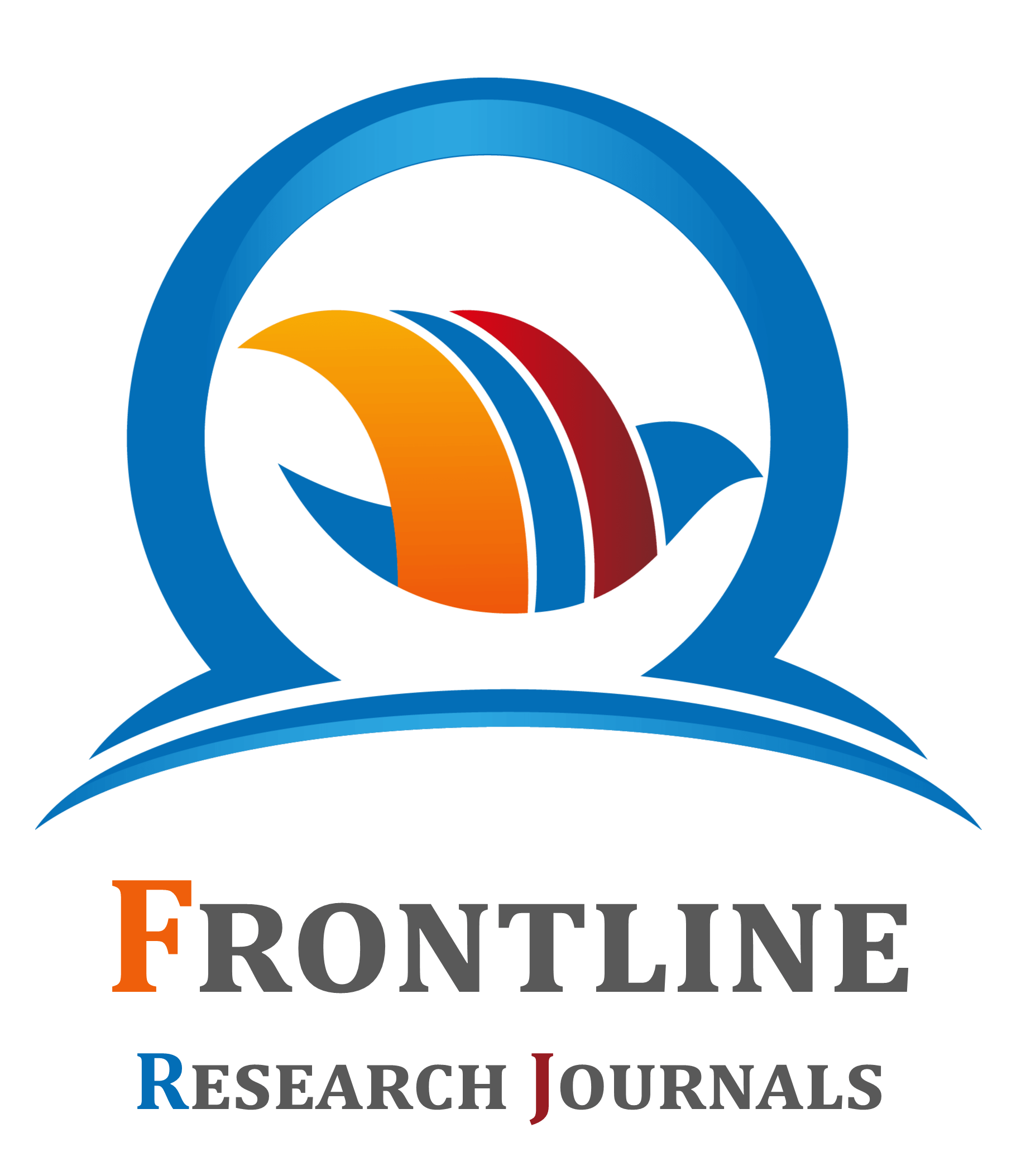A theoretical model for harmonizing local and international product standards for Nigerian exports
1 Standards Organization of Nigeria.
2 Zenith General Insurance Company Limited, Nigeria.
3 The Velvet Expression, Lagos, Nigeria.
4 Independent Researcher, Lagos, Nigeria.
5 Zenith Bank Nigeria.
Review
International Journal of Frontline Research and Reviews, 2023, 01(04), 074–093.
Article DOI: 10.56355/ijfrr.2023.1.4.0039
Publication history:
Received on 22 September 2023; revised on 13 November 2023; accepted on 16 November 2023
Abstract:
The development of a theoretical model for harmonizing local and international product standards for Nigerian exports is essential for enhancing the global competitiveness of the country's products. This model addresses the existing challenges that Nigerian exporters face, such as inconsistencies between domestic regulations and international standards, which hinder market access and reduce export potential. By aligning local standards with globally recognized frameworks, this model seeks to bridge regulatory gaps, improve product quality, and increase market acceptance. The model emphasizes a phased approach, beginning with the identification of priority sectors and key export products, followed by the establishment of standardized guidelines that comply with both local and international requirements. It incorporates stakeholder engagement, including collaboration with regulatory bodies, industry players, and international trade organizations, to ensure comprehensive input and compliance. Additionally, the model introduces capacity-building initiatives aimed at equipping Nigerian manufacturers and exporters with the necessary skills and knowledge to meet these standards. It also outlines mechanisms for continuous monitoring, evaluation, and updates to ensure alignment with evolving international trade regulations and market demands. The expected outcomes include improved product quality, enhanced consumer confidence in Nigerian exports, and expanded market share in global markets. This harmonization process will not only benefit Nigerian exporters but also contribute to national economic growth by promoting a more sustainable export sector and reducing non-tariff barriers.This theoretical framework provides a roadmap for policymakers, regulatory agencies, and industry stakeholders to work collaboratively toward creating an export ecosystem that thrives on compliance, quality, and competitiveness. Future research should explore the practical application of this model and assess its impact on the performance of key Nigerian export industries.
Keywords:
Harmonization; Local standards; International standards; Nigerian exports; Product quality
Full text article in PDF:
Copyright information:
Copyright © 2023 Author(s) retain the copyright of this article. This article is published under the terms of the Creative Commons Attribution Liscense 4.0
